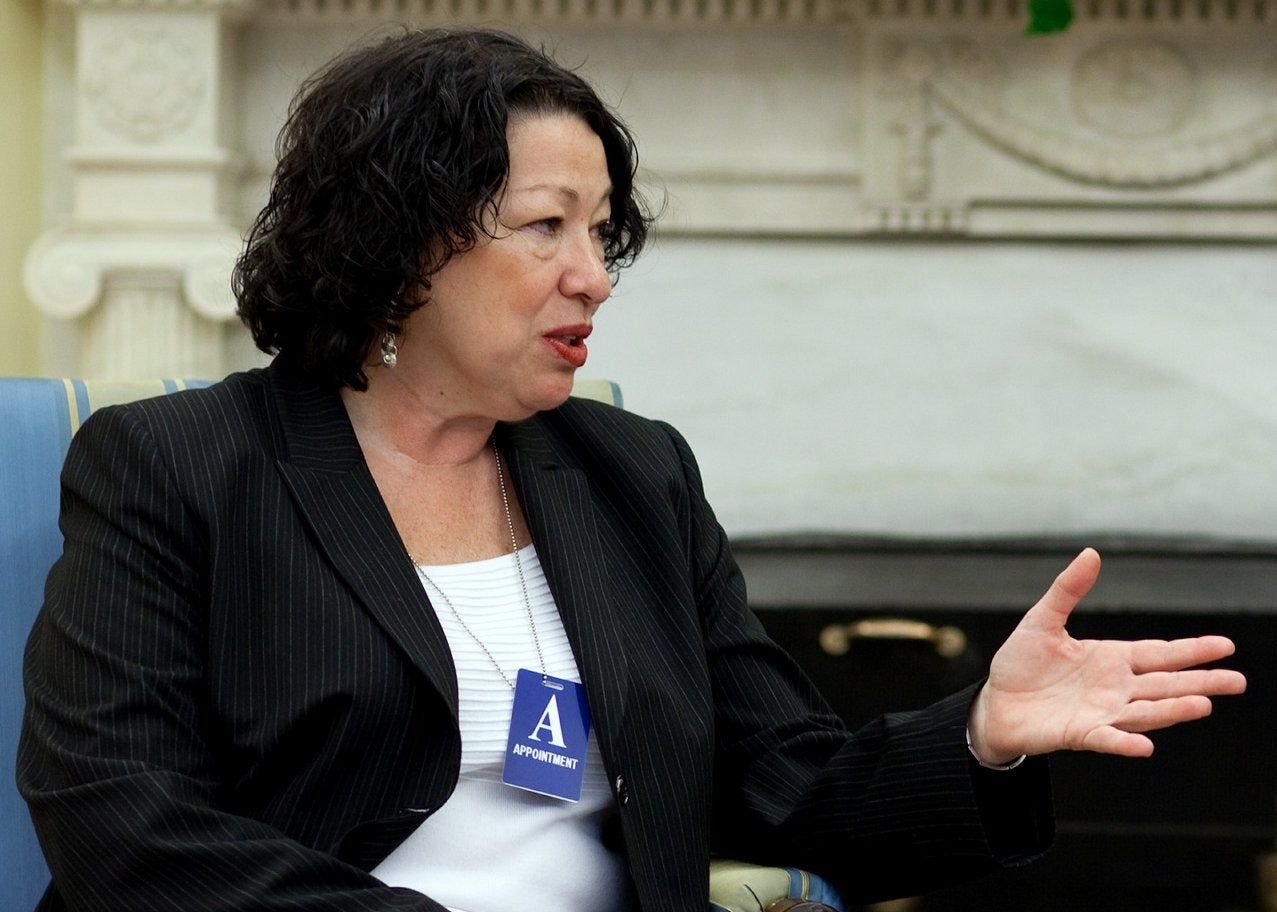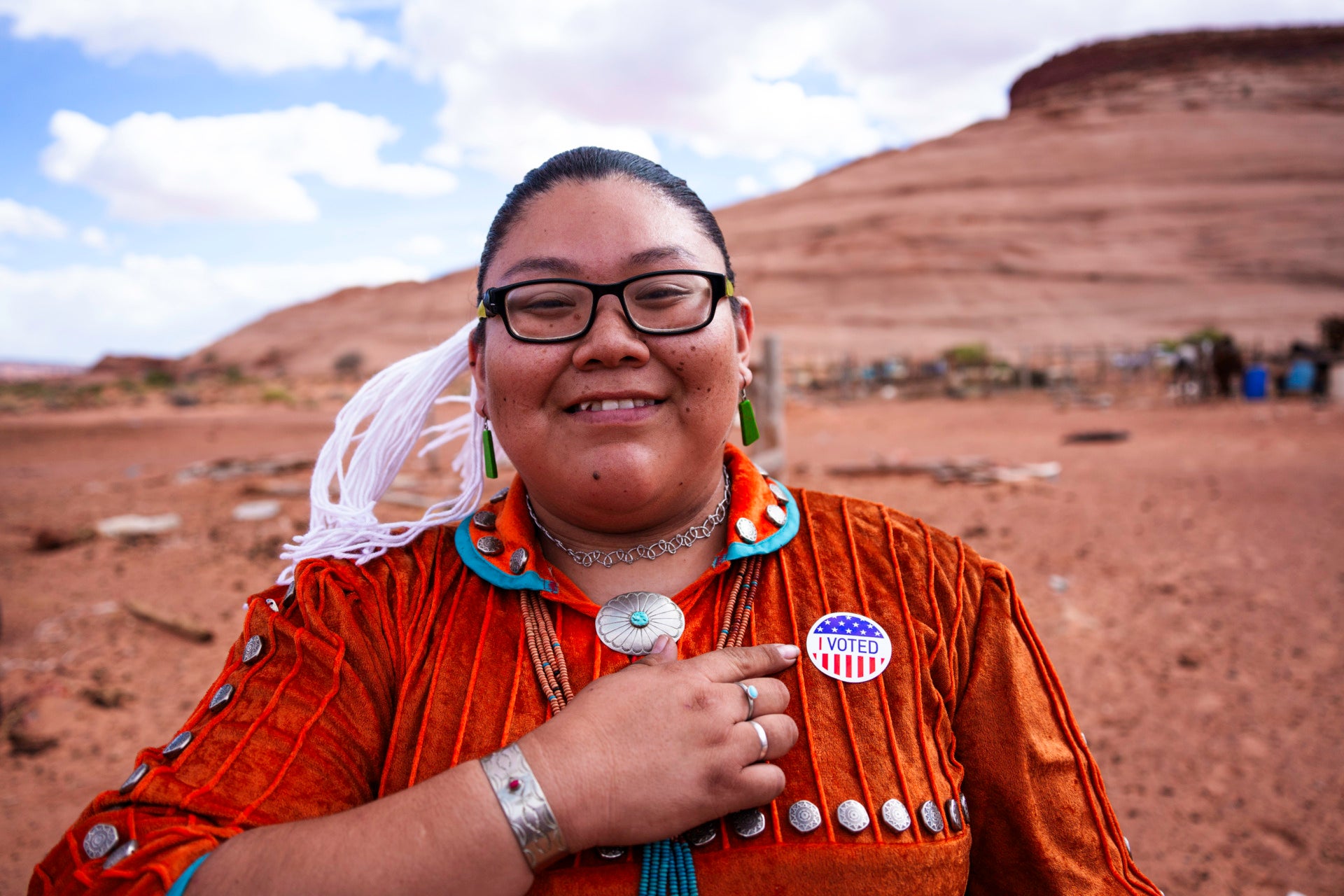American identity is by nature political, and involving yourself in issues that matter isn’t always easy. So what does a civic life actually look like? Here are four concrete ways to become more civically engaged in the new year.
Get to know your local officials and representatives
It’s all too easy to prioritize national politics and miss what’s going on in your town or district. How many of us have just voted along party lines because we didn’t know who the candidates were for attorney general or county executive? Tangible change starts at the local level — so familiarize yourself with everyone from your governor to your local school board members. Learn their policy platforms and what they stand for.
Better yet, run for office yourself. 2017 was a year of historic first-time officeholders. Virginia elected its first transgender state lawmaker and Montana elected its first black mayor in Helena (who came to the US as a refugee in the 1990s). And plenty of state and local races could use some competition. According to the Associated Press, 42 percent of state representative elections last fall had no major opposition candidates. The number of people living in districts without real electoral choices is on the rise. You can change that by taking civic involvement to the next level and running yourself.
Have more productive arguments
“We don’t need fewer arguments today; we need less stupid ones,” wrote Eric Liu, director of the Aspen Institute Citizenship and American Identity Program. “The point of civic life in this country is not to avoid such tensions. Nor is it for one side to achieve ‘final’ victory. It is for us all to wrestle perpetually with these differences, to fashion hybrid solutions that work for the times until they don’t, and then to start again.”
Liu says getting to real truth and understanding requires three steps: more listening, more service, and even more arguing. Training ourselves to listen without immediate judgement is a fundamental skill. Serving other people, especially those from different backgrounds, forms community and builds perspective while addressing real problems. That makes arguing central to American citizenship. Whether you’re a politician or just want to explain your political views to a coworker, knowing how to argue effectively is a soft skill anybody can benefit from.
Learn to fact-check for yourself and others
It seems like a passive step, but knowing how to sort fact from fiction is increasingly crucial for civic engagement. “The top fake news stories outperformed the top news stories from fact-based news organizations on Facebook in the final months of the election,” according to a 2017 report by the Aspen Institute Communications and Society Program. And more and more Americans now use Facebook and Twitter as news sources, according to the Pew Research Center. Social media sites, traditional journalism outlets, and consumers themselves are all still figuring out how to deal with the proliferation of fake news.
Yvonne Rolzhausen, senior editor at The Atlantic, laid out some tips at the 2017 Aspen Ideas Festival: Find an expert opinion. Aggregate news from multiple sources. Find two expert opinions. The bottom line is, it’s up to you — there isn’t any one list of 100-percent trustworthy websites or authors out there. “It’s just time and work,” said Rolzhausen.
Vote
Last year Supreme Court Justice Sonia Sotomayor said that Americans need to “ensure our voices are heard.” “Look at how close the last election was,” she said during a conversation with the Aspen Institute Latinos and Society Program. “Every time I look at somebody, the first question I want to ask them is, ‘did you vote?’”
Voting, especially in 2018’s midterm elections, is the most fundamental democratic input we have as citizens. The entire House of Representatives, a third of the Senate, and a whole host of local positions will be on the ballot in November. This year is especially critical due to the 2020 census — politicians elected this year will decide how electoral districts are drawn until 2030. Voting down the ballot is equally important, too. Your vote for a district attorney or state assembly member could have more direct impact than the vote you cast for Congress.
Being civically engaged isn’t the easiest resolution to make, but it may be one of the most rewarding. If you’re looking for a way to better yourself and give back to society at the same time, you don’t have to wait until November to make your voice heard.


